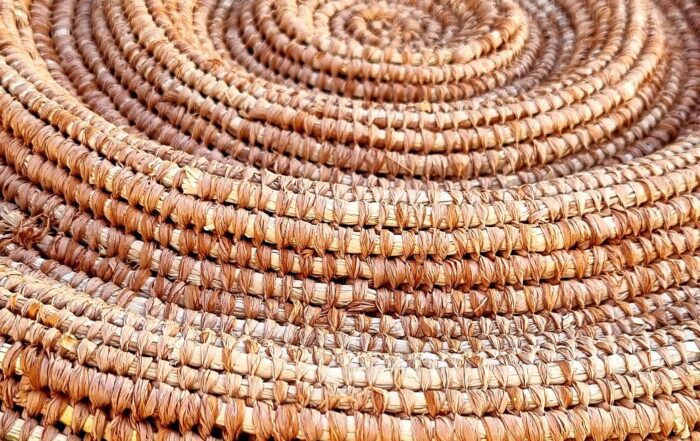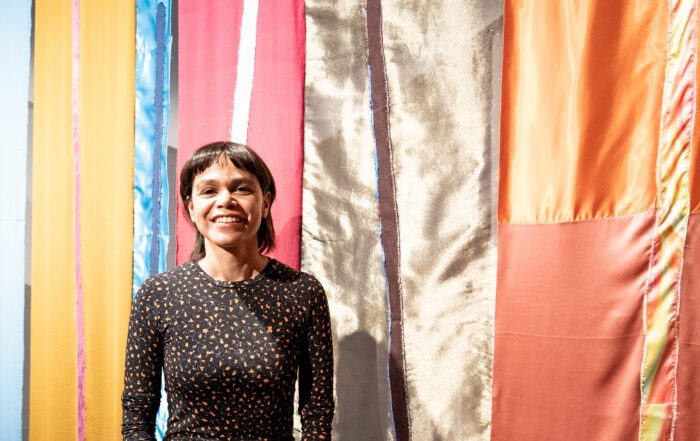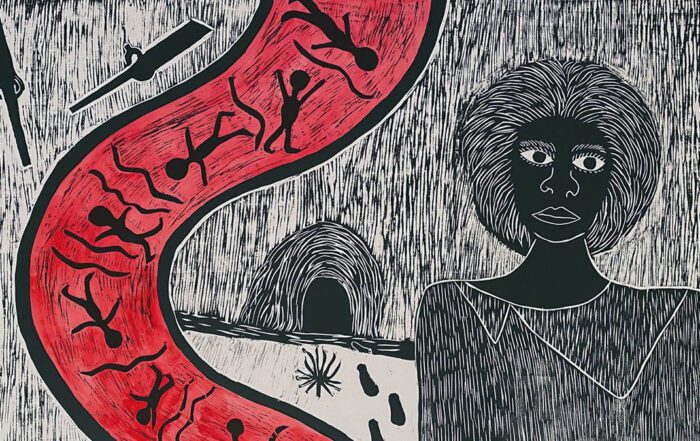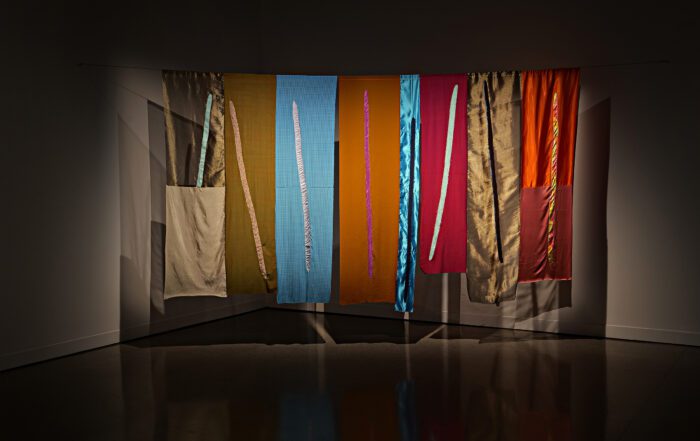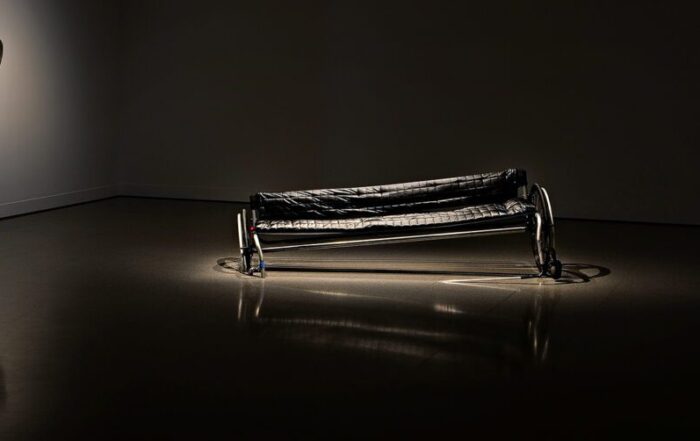12.30pm – 1.30pm Wednesday 20 October 2021
In the historical context, design knowledge was applied to promote the production of handcrafts, which was treated as an important sector for its ability to support the economic growth in developing nations in Asia, Africa, and South America. In this context, the modern design practices were introduced by the Westerns and applied as a secondary layer to the production of quality crafts ready for export to international markets, specifically Western European markets. The postcolonial politics in developing countries neglected craft-making traditions in their societies, preferred promoting design practices, which were treated as a manifestation of modernity and the optimal vehicle to transform toward industrialisation. These contradictions are reflected in the context and teaching practices of design education in these countries, which addressing design practices intensely dependent on artistic foundations and know-how concerning crafts and artisan skills and their benefit in adding value to man-made objects through surface ornamentation.
Dr Saad is a senior lecturer in the School of Design and the Built Environment. He is an Iraqi industrial designer living in exile since 1991, holding BA, MA & PhD in Industrial Design. He taught design and held an number of academic leadership roles since 1984 in Iraq, Jordan, New Zealand, Egypt, Germany, and recently here in Australia.
Free event. Please register as spaces are limited. Refreshments will be served.
John Curtin Gallery, Curtin University, Building 200A, Bentley Campus, Kent Street, Bentley WA 6102
For further information, visit jcg.curtin.edu.au or call (08) 9266 4155. If you have special requirements to enable you to participate in this event, please contact JCG. For more information about AccessAbility services at Curtin University please visit curtin.edu.au
The John Curtin Gallery co-presents the central international exhibition with Fremantle Arts Centre for this new festival of contemporary craft IOTA21: Indian Ocean Craft Triennial.
The artists in the inaugural Indian Ocean Craft Triennial: Curiosity and Rituals of the Everyday are guided by principles of craft as a social practice capable of enhancing community innovation, collaboration and economic improvement.
Blending traditional practice with contemporary materials and expressions they explore themes such as ceremony, colonisation, gender politics, ritual, and culture. Works include ceramics, fibre and textiles, weaving and painting.



